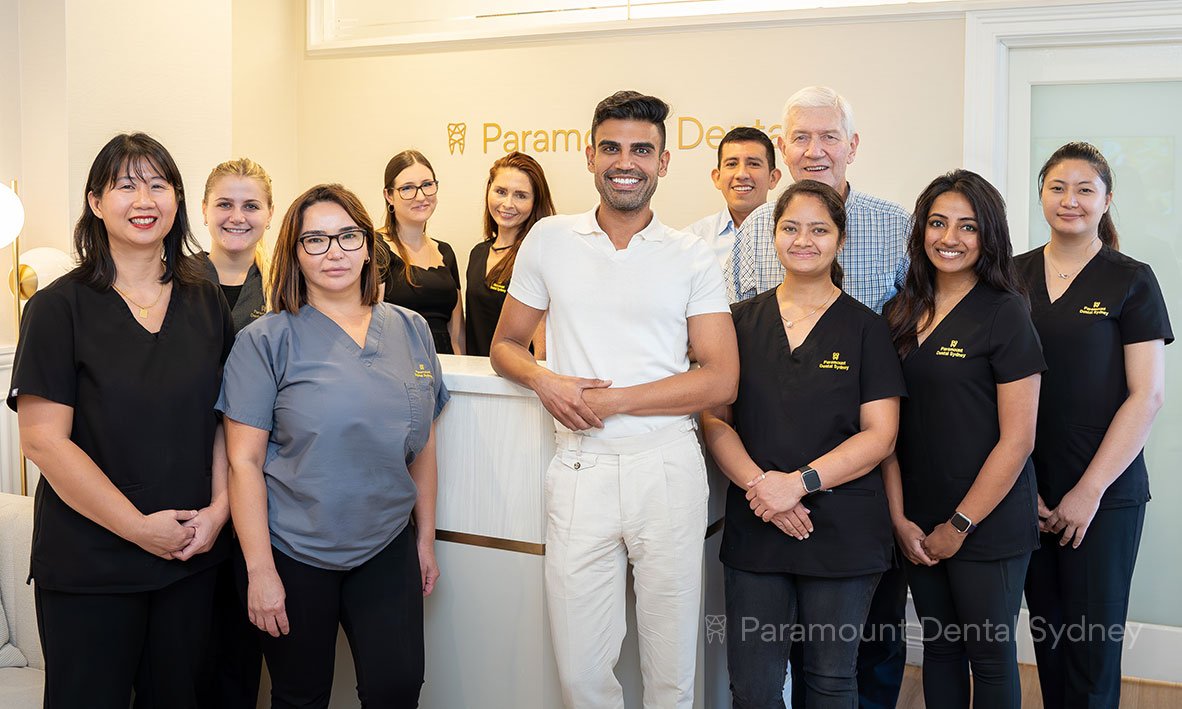Unlocking the power of restorative dentistry
Maintaining optimal oral health goes beyond regular brushing and flossing in dental care. Sometimes, our teeth and gums need extra help to regain strength, function, and appearance.
This is where restorative dentistry steps in, offering a range of treatments to repair and enhance the health and aesthetics of your smile. Let's delve into restorative dentistry to understand its significance, when it's needed, and available treatment options.
What is Restorative Dentistry?
Restorative dentistry is a branch of dental care focused on diagnosing, preventing, and treating oral health issues affecting teeth, gums, and surrounding structures. Its primary goal is to restore the function, integrity, and aesthetics of the mouth, ensuring optimal oral health and enhancing the quality of life for patients.
Restorative dentistry encompasses many treatments, from simple fillings for cavities to complex dental implants for missing teeth. Each treatment addresses specific dental concerns, promoting longevity and sustainability for your natural smile.
When is Restorative Dentistry Needed?
Restorative dentistry becomes necessary in various situations, including:
Tooth Decay: When tooth decay occurs due to poor oral hygiene, dietary habits, or genetic factors, restorative treatments like fillings, crowns, or root canal therapy may be required to preserve the tooth structure and prevent further damage.
Tooth Loss: Missing teeth can lead to functional limitations, aesthetic concerns, and oral health complications. Restorative options such as dental implants, bridges, or dentures help replace missing teeth, restoring proper chewing function and smile aesthetics.
Trauma or Injury: Accidents or injuries to the mouth can cause fractures, chips, or tooth dislodgement. Restorative procedures like bonding, veneers, or dental crowns can repair damaged teeth and restore their natural appearance and function.
Gum Disease: Advanced stages of gum disease (periodontitis), characterised by inflammation, infection, and gum recession, require restorative interventions such as scaling and root planing, gum grafting, or laser therapy to preserve gum health and prevent tooth loss.
Consequences of Neglected Oral Health
Neglecting oral health can have severe consequences, extending beyond the mouth. Untreated dental issues can lead to:
Chronic Pain: Toothaches, gum inflammation, and oral infections can cause persistent discomfort and affect daily activities.
Tooth Loss: Advanced decay or gum disease may cause tooth loss, which can make chewing, speaking, and smiling confidently difficult.
Systemic Health Risks: Poor oral health is linked to broader health issues, including cardiovascular disease, diabetes, dementia, and respiratory infections. This emphasises the link between oral and overall health.
Proactive dental care and timely restorative treatments are essential to prevent these consequences.
Treatment Options for Tooth Restoration
Restorative dentistry offers several options for tooth restoration, including:
Fillings: These are used to repair cavities caused by decay. Fillings restore the tooth's structure and function with composite resin, amalgam, or porcelain materials.
Crowns: Dental crowns, or "caps," cover damaged or weakened teeth to strengthen and protect them from further deterioration.
Root Canal Therapy: This procedure involves removing infected or damaged pulp from the tooth's interior, disinfecting the root canal, and sealing it to prevent reinfection.
Dental Implants: Titanium implants surgically placed into the jawbone serve as artificial tooth roots, supporting durable and lifelike prosthetic teeth.
Treatment Options for Gum Restoration
For gum restoration and periodontal care, common treatments include:
Scaling and Root Planing: A deep cleaning procedure that removes plaque, tartar, and bacteria from below the gumline to prevent or manage gum disease.
Gum Grafting: Used to repair receding gums, gum grafting involves transferring tissue from one mouth area to another to restore gum volume and coverage.
Laser Therapy: This minimally invasive treatment, which uses advanced laser technology, targets infected gum tissue, promotes healing, and reduces inflammation associated with gum disease.
Restorative dentistry addresses existing dental problems and plays a crucial role in preventive care, helping patients maintain optimal oral health for years to come.
Restore your oral health today
Restorative dentistry is a cornerstone of comprehensive dental care. Thanks to progress in modern dentistry, innovative solutions are now readily available to restore and enhance a smile's health, function, and aesthetics.
By addressing dental issues promptly and effectively, restorative treatments empower individuals to enjoy a lifetime of confident smiles and optimal oral health.
Looking For Friendly Dental Care In Sydney CBD?
Contact our team :)





